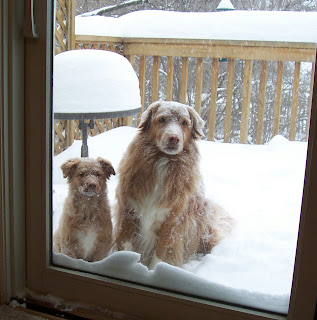I originally wrote this for October and set it to autopost, which didn't happen.
Take 2. After too long of a delay, I finally had another book launch to get excited about. Unfortunately this news is bitter-sweet. The venue for the book launch party was BookBar, which sadly announced that after ten years, they will be closing on January 31, 2023. The reasons are many, explained best by them. After wrestling with the usual challenges of running a small business, aggravated by Covid lockdowns and its precautions, the final nail in the coffin was the City of Denver's mandated increase in minimum wage.
A decade ago, BookBar took over the location of another bookstore in the Tennyson Arts District, one that limped along and even sold ice cream to help pay the bills. BookBar expanded that hybrid model by offering coffee, food, and alcohol. Wine and readers, who would've guessed? Though the inventory was heavy in literary fiction and contemporary non-fiction, what endeared BookBar to the local community was their willingness to take a chance on local authors. BookBar became the go-to venue for book launches, poetry gatherings, and even hosted readings for the Colorado Book Awards. BookBar was a favorite location because of their friendly staff and attention to detail, like making sure consignments were paid, something other area bookstores found hard to do. In appreciation, people (me included) regularly ordered books from BookBar to avoid patronizing Amazon, who themselves are retreating from brick & mortar store fronts. BookBar was a spot to meet friends, out-of-towners especially were taken by the place, or to kick back with a good read, a coffee and pastry, or with a beer, glass of wine, or a cocktail.
During the quarantine, I sought to cope with the disturbing weirdness of it all by drawing a daily cartoon of cats dealing with the pandemic in ways that were both feline and human. Honestly, I thought that after two weeks to flatten the curve, plus another two weeks to let things settle down, that we'd be back to normal in a month. Two months, tops. Was I wrong. A few dozen cartoons became a hundred, then two hundred, three hundred, and more. When I was done, deciding that the fiasco in Afghanistan and the then looming war in Ukraine were fitting disasters to end cap the Covid disaster, I realized that I had chronicled the history of this pandemic--lockdowns, the masking, the hoarding, social distancing, Zoom calls, mostly peaceful protests, the vax/anti-vax wars. Hex Publishers offered to publish an edited collection of my work in Cats In Quarantine: A Cartoon Memoir of the COVID-19 Pandemic, which received a Starred Review from Kirkus Reviews.
As for my favorite cartoon? I have many but if there is one that I think best describes me and everyone else during the pandemic, it's this one:






